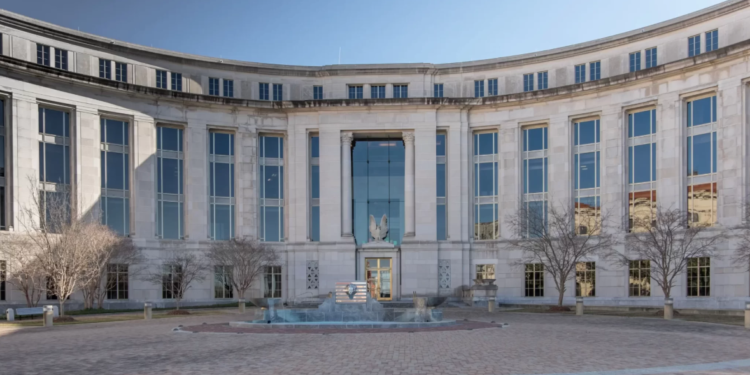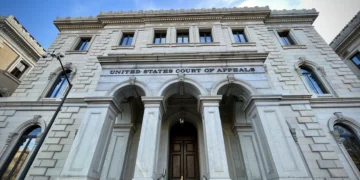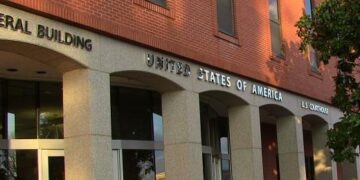Jan 1, 2025 Story by: Editor
Jefferson County’s current five-member commission consists of three white Republican members and two Black Democratic members. Plaintiffs in a recent lawsuit argue that Black voters have been deliberately concentrated into the two Democratic districts without proper justification under the Voting Rights Act, a move allegedly aimed at diluting their overall voting strength.
Filed in April 2023 by Jefferson County voters, Greater Birmingham Ministries, and the state and local NAACP chapters, the complaint in McClure et al. v. Jefferson County Commission et al. accuses the commission of “intentionally [packing] Black voters based predominantly on race into two supermajority Black commission districts without a sufficiently compelling justification.”
The complaint highlights alleged violations of the Equal Protection Clause of the Fourteenth Amendment and ties these actions to a history of racial discrimination within the county, referencing the tenure of Eugene ‘Bull’ Connor on the commission.
Expert Opinions and Counterarguments
William S. Cooper, an expert witness for the plaintiffs, stated, “The Enacted Plan continues a tradition dating to the 1980s of just two ‘packed’ super-majority-Black districts in the five-district Commission plan, with Black voters fragmented or ‘cracked’ across the other three districts.”
In contrast, Dr. Michael Barber, an expert witness for the Jefferson County Commission, argued that “the enacted 2021 maps were drawn in a way that race was not the predominant factor.” Barber claimed the primary goal was to “retain the population of the 2013 commission districts.”
Barry Stephenson, chairman of the Jefferson County Board of Registrars, testified in his deposition that the commissioners created three district maps, emphasizing that “race never came up.” He added that the focus was on maintaining continuity with the original districts and balancing population totals.
Broader Context of Racial Gerrymandering in Alabama
Alabama has faced multiple lawsuits over racial gerrymandering in recent years. Most notably, Milligan v. Allen led to a preliminary injunction requiring the state to adopt a court-drawn Congressional district map for the 2024 elections.
Some Republican figures in Alabama have expressed frustration with the new maps and ongoing legal challenges. Former Alabama Republican Party Chair Terry Lathan commented in November, “An election might be two years from now, but that does not mean our legislature might not take another look at it.”
The Southern Poverty Law Center (SPLC) has also been active in addressing voting rights issues in Alabama, supporting lawsuits against voter roll purges, early voting restrictions, and racial gerrymandering in state legislative maps. SPLC lawyer Jess Unger stated, “All four of our cases on voting rights issues in Alabama will continue.”
Potential Impact on Jefferson County
If the lawsuit succeeds and district lines are redrawn, it could significantly alter the political landscape of the Jefferson County Commission.
In the 2022 election, most candidates ran unopposed, with the exception of Republican Jimmie Stephens, who faced a Libertarian challenger. However, redistricting could make future elections, including those in 2026, far more competitive.
This legal challenge underscores the ongoing debate about fair representation and the role of race in districting across Alabama. Source: Alabama Political Reporter

















